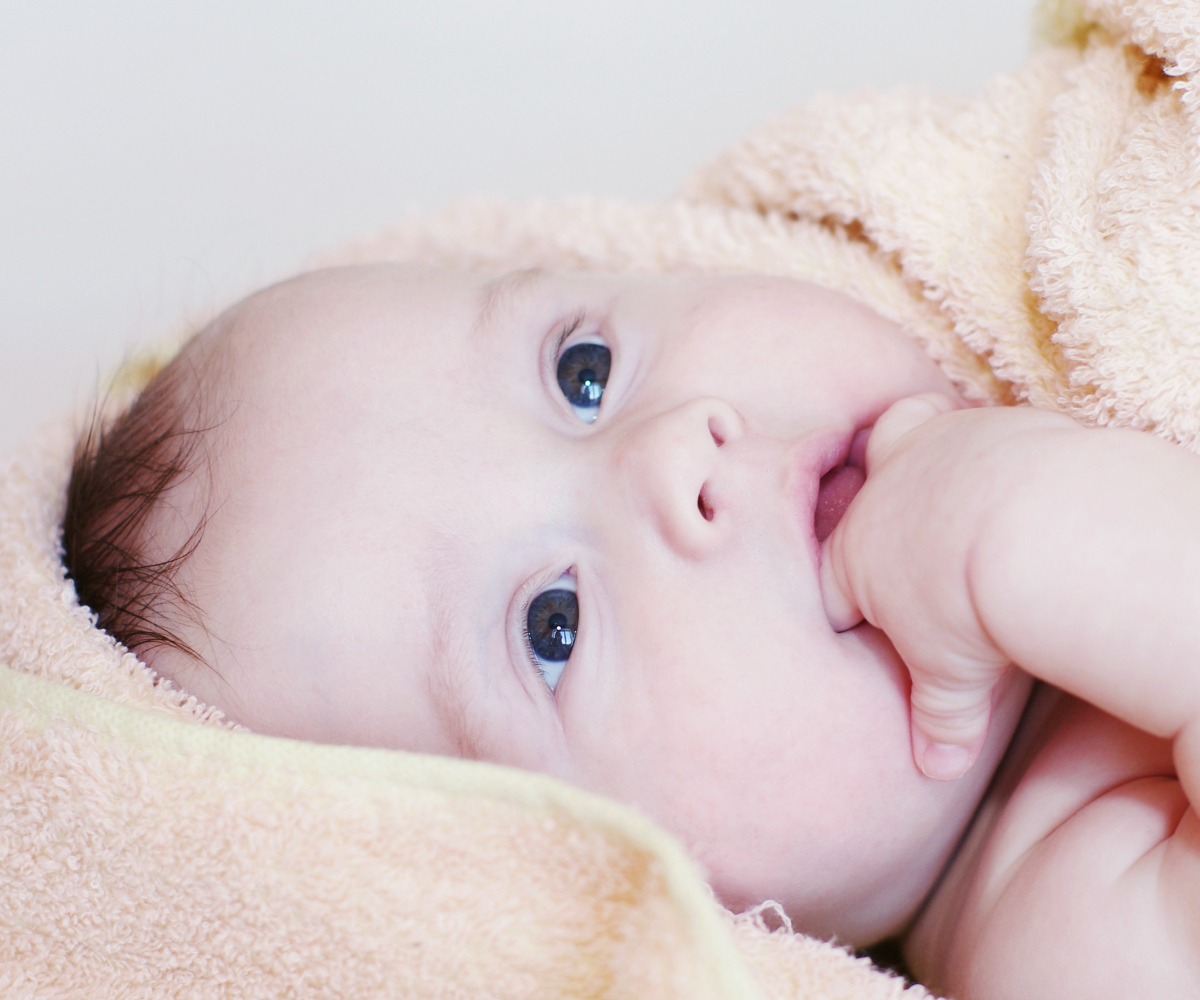Natural hygiene is a method that respects the baby’s nature and physiological needs, promoting waste elimination in a more harmonious way without relying on disposable diapers all the time. This practice involves communicating with the baby and understanding their signals for the need to urinate or defecate. Let’s understand how it works and the benefits of this method:
1. What is Natural Hygiene?
Natural hygiene is an ancient practice that involves recognizing the baby’s signals when they need to urinate or defecate. Instead of waiting for the need for a diaper change, parents can use “signaling” to help the baby eliminate at the right time, promoting conscious diaper use.
2. Health Benefits for the Baby
Natural hygiene helps with the baby’s skin health. The constant use of diapers, especially disposables, can cause diaper rash and irritation on delicate skin. With natural hygiene, contact with urine and feces is minimized, preventing these conditions.
3. Development of Communication and Bonding
This practice strengthens the bond between parents and babies. By observing and understanding the baby’s signals, parents develop a closer communication with their child. Early understanding fosters a more empathetic and attentive relationship.
4. Less Waste and More Sustainability
Natural hygiene reduces the use of disposable diapers, significantly decreasing environmental impact. Additionally, the method is more economical, as it doesn’t require constant use of diapers.
5. Psychological Benefits for Parents
Natural hygiene provides a sense of accomplishment and connection with the baby. Parents who adopt this method report feeling more confident and satisfied, as they perceive they are meeting their child’s needs in a more intuitive way.
Natural hygiene is a beneficial practice for both the baby and the parents, as well as a more sustainable alternative. By promoting skin care, strengthening the bond, and reducing environmental impact, this method offers a more conscious and harmonious approach to baby care. Communication between parents and children becomes deeper, creating a foundation of mutual respect and affection.

